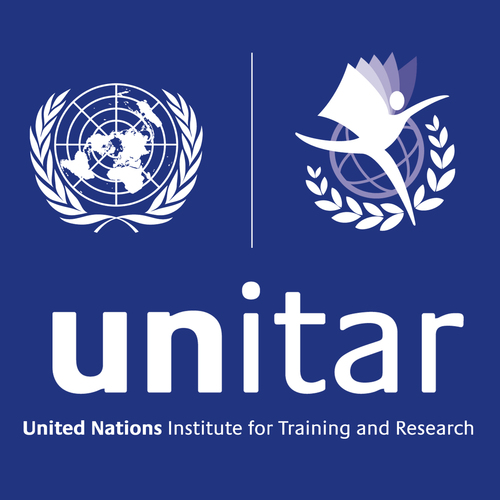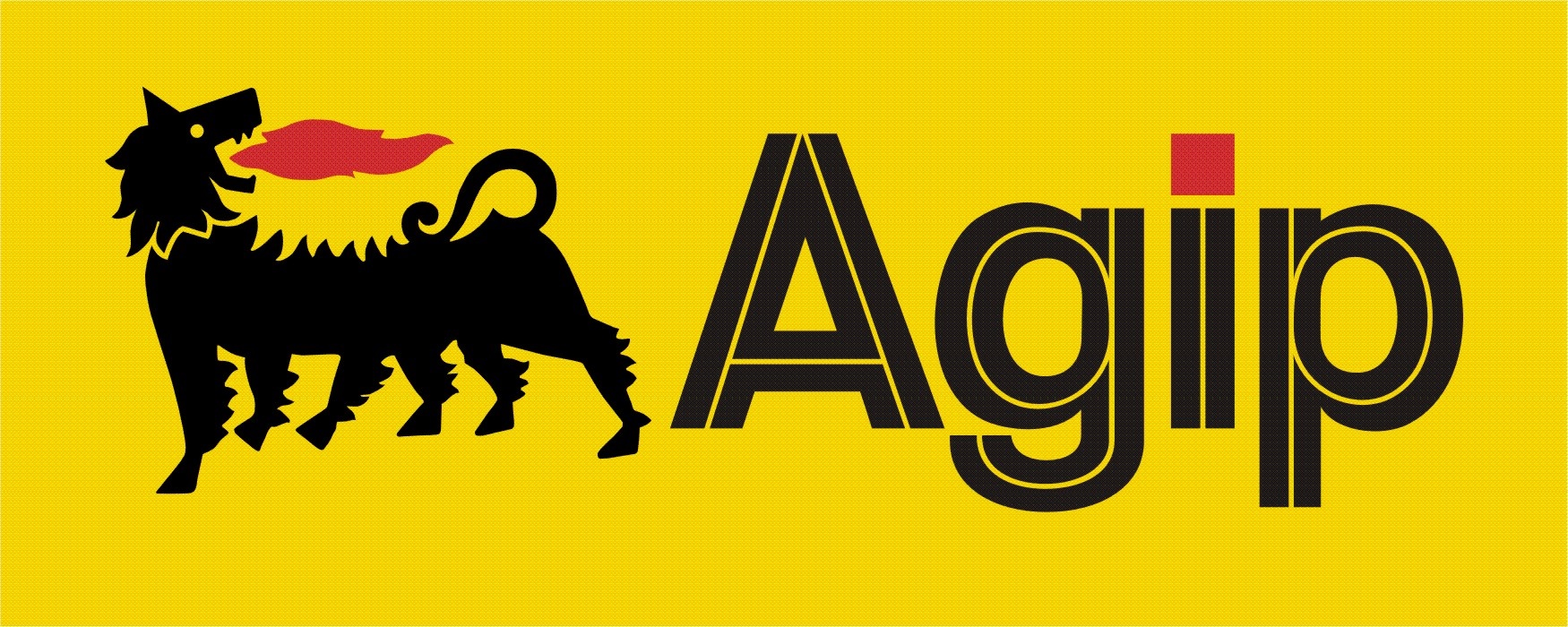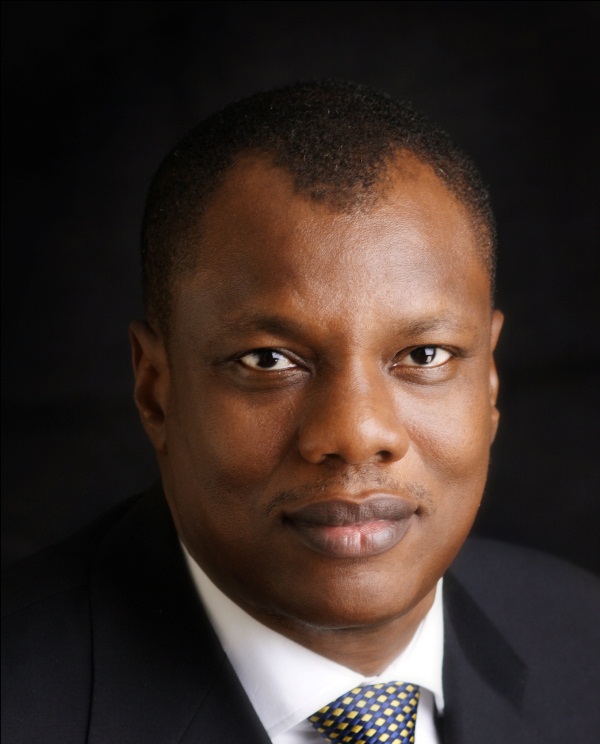Internet Bandwidth: A Key National Development-Part3
Read part1 and 2 of the article.
http://techtrendsng.com/internet-bandwidth-key-national-developmentpart1/
http://techtrendsng.com/internet-bandwidth-key-national-development-part-2/
According to Wikipedia, access to the Internet grew from an estimated 10 million people in 1993, to almost 40 million in 1995, to 670 million in 2002, and to 2.45 billion in 2011. With market saturation the phase of rapid growth is ending in industrialized countries, but the spread continues in Asia, Africa, Latin America, the Caribbean, and the Middle East. Despite its tremendous growth, Internet access is not distributed equally within or between countries.
The gap between people with Internet access and those without is one of many aspects of the digital divide. Whether someone has access to the Internet can depend greatly on income level, geographical location as well as government policies. The rural dwellers are technologically marginalized when it comes to internet access. The report by the Communications Workers of America (CWA), said the average download speed in South Korea is 20.4 megabits per second (mbps) – four times faster than the US average of 5.1 mbps. Japan trails South Korea with an average of 15.8 mbps followed by Sweden at 12.8 mbps and the Netherlands at 11.0 mbps. That is why people in Japan can upload a high-definition video in 12 minutes.
The Broadband Commission for Digital Development has the responsibility of setting standards for development in different parts of the world. In line with that, the commission has agreed on a set of four ‘ambitious but achievable’ new targets that countries around the world should strive to meet in order to ensure their populations fully participate in tomorrow’s emerging knowledge societies. The new targets are: It now becomes imperative for all countries that by 2015, they should have a national broadband plan or strategy or include broadband in their Universal Access /Service Definitions. Similarly, developing countries must make broadband affordable through adequate regulation and market forces (for example, cost less than 5% of average monthly income). The commission also stressed that by that year, no fewer than 40% of households in developing countries should have Internet access. By the said year, the commission expects the Internet user penetration to reach 60% worldwide, 50% in developing countries and 15% in least developed countries.
Government policies play a tremendous role in bringing Internet bandwidth to the common man. This is because dependence on Internet applications is growing tremendously, therefore, the need to deliver higher Internet bandwidth would also continue to grow. Access to computers is a dominant factor in determining the level of Internet access. Internet access has changed the way in which many people think and has become an integral part of our economic, political, and social lives. Providing Internet access to more people in the world will allow them to take advantage of the political, educational, and socio-economic opportunities available over the Internet. The Internet has actually made the world flat, flat in the sense that it doesn’t actually matters where you are.
Recent initiatives by Globacom, and Main One Cable Company to bring underwater fiber optic cable have started yielding economic benefits, with international broadband in Nigeria. The GLO-1 (Globacom-1) submarine communications cable is a cable system along the west coast of Africa between Nigeria and the UK, owned by Nigerian telecoms operator Globacom. The submarine cable system is 9,800 km long, and became operational in 2011 with a minimum capacity of 640 Gbit/s. A project of Globacom, Nigeria’s 2nd largest telecoms provider, total capacity of the system is now advertised as 2.5 Tbits/s. This initiative will provide 99.9% up time reliability and high speed data, voice and video connectivity that will meet and support the large bandwidth requirements of direct consumers and other service providers. This is a good opportunity for Africa to leap forward economically through an excellent communication network and a cost effective voice, data, video and e-commerce services across Africa, Europe and the rest of the world.
Other services that underwater cable connection will offer include access to telemedicine and seamless video conferencing. With this facility, medical diagnosis can be possible through interactive audiovisual media at minimal cost. Remote medical procedures or examinations will therefore be possible. Diagnosis and video conferencing during surgery and research will prevail, and online education will be available at lesser cost. Students can participate in a real time class in Europe, America and any other part of the world. It will also improve e-governance in areas such as online insurance and license issuance and other government papers as well as boost entertainment and banking services. It will also enable the establishment of effective and efficient call centers across the nation.
The Main One Cable is a submarine communications cable stretching from Portugal to South Africa with landings along the route in various West African countries. The cable system spans 14,000 km and provides additional capacity for international and Internet connectivity to countries between Portugal and South Africa on the west coast of Africa. The submarine cable project was designed in two phases, both of which were scheduled for completion in May 2010. The dual fiber pair, 1.28-Tbit/s, DWDM project connects Nigeria, Ghana, and Portugal in Phase 1 with onward connectivity through Portugal to Europe, Asia and the Americas. The Phase 1 cable system spans 6,900 kilometers. Additional connectivity extending to Angola and South Africa occurred in the second phase of the project. Nigeria, which spends about N100 billion annually on importation of bandwidth dispensed mostly through satellite devices that are not free from natural interferences, and other West African countries have hitherto been making do with the limited capacity of the SAT 3 cable.
A new report from Mckinsey & Company entitled: “Online and Upcoming: The Internet’s Impact on Aspiring Countries”, reveals that the internet contributes only 0.5 percent to Nigeria’s GDP. Analysts at Mckinsey say that although private consumption is Nigeria’s strength, growth in the sector could be achieved by enabling the Nigerian e-consumer. According to them, e-commerce could be promoted in the country by increasing consumer online payment and Internet readiness.
Also, as noted by Funke Opeke of Main One Cable Company, “it is quite evident that the progress made so far in terms of international bandwidth connectivity has not been translated to the end user due to certain drawbacks with the first of which is the absence of a national transmission backbone”. And “our inability to gain cost effective and high quality access and distribution networks required for data distribution at fair and non-discriminatory prices places the promise of faster, better and more affordable broadband services to the end user by the advent of the submarine cables on the verge of defeat”.
Another important sector broadband will be of utmost importance to is IT outsourcing, most especially these days when some goods and services are transportable over the Internet. IT outsourcing is a transaction scenario whereby IT jobs are exported from a firm to another within or outside an international boundary via the Internet. So a job that will normally go for say $10,000 in the US could end up for $500 in third world countries, and this cost cut will result in higher profit margin for the outsourcing firm.
The key customers’ demands in the IT outsourcing market include ITES-BPO, IT services, software production, hardware design and KPO – Knowledge Process Outsourcing. BPO- call centers, graphic design and multimedia, games design and coding, multimedia services (Adobe Illustrator, Adobe Photoshop, Corel Draw, Macromedia Fireworks, Macromedia Flash, 3D Studio Max etc), Website design/web application development, web graphic, CSS design, among others. The major assets needed to embark on outsourcing projects and operations are – expertise (60%), office area or spare bedroom space, computing infrastructure (computers, UPS, power generators) and finally, honesty. With this, Nigeria cannot overlook the important economic benefits of expanding its broadband connectivity capacity if it were to compete with the global league of developed countries.
Concluded.





